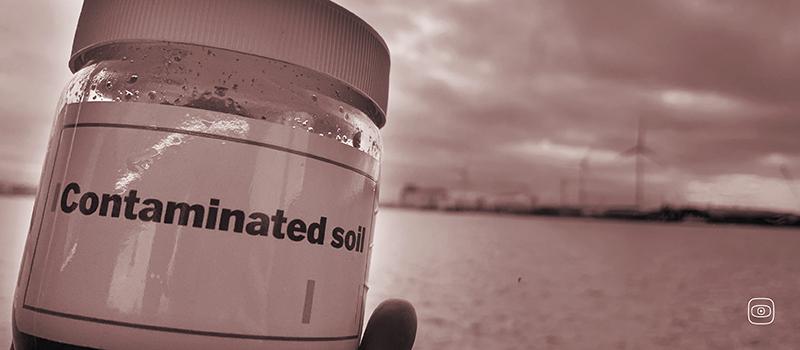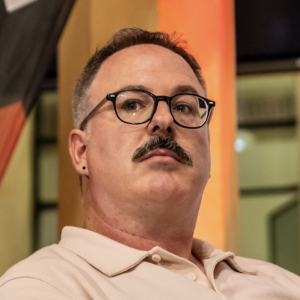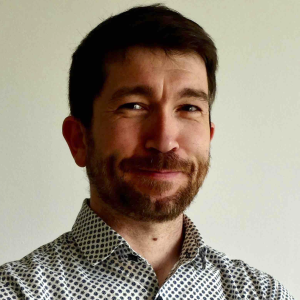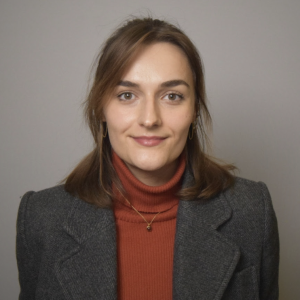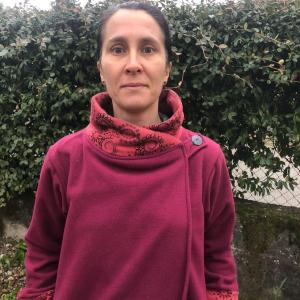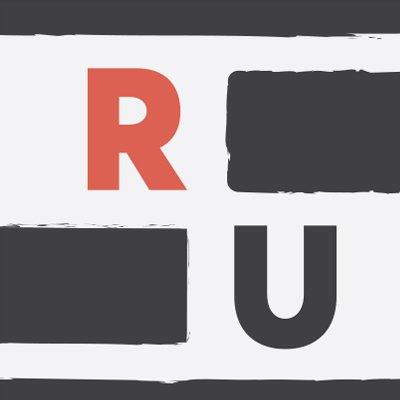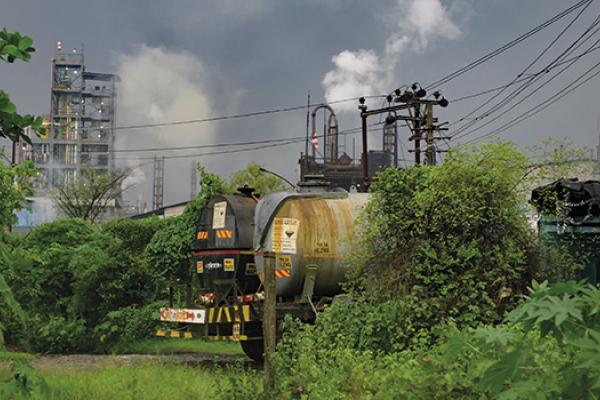The cross-border interdisciplinary investigation with the participation of 28 media partners also reveals for the first time a staggering cost reaching €2 trillion over a 20-year period to clean-up legacy PFAS pollution and ongoing emissions in Europe, with an annual bill of minimum €100 billion to remediate emissions, if these remain unrestricted. Who will pay, if the polluter does not?
PFAS (per-and polyfluoroalkyl substances) are a family of over 10,000 man-made chemicals widely used in consumer products and industrial processes and equipment, from toilet paper to cable insulation in rockets. Their miracle properties, however, have fateful downsides. Their persistence in the environment makes them almost indestructible without human intervention. PFAS are also toxic, and linked to cancers, hormonal and immune disruption.
Key findings:
- PFAS remediation across Europe could cost up to €2 trillion over a 20-year period to clean-up legacy PFAS pollution and ongoing emissions in Europe, with an annual bill of minimum €100 billion to remediate emissions, if these remain unrestricted.
- Pushing the boundaries of journalistic investigation into lobbying and misinformation through an academic approach, the Forever Lobbying Project team subjected the key arguments deployed by lobbyists in the plastics sector to a stress test, showing that most of them were misleading, scaremongering and even false.
The Lobbying arguments stress-test methodology was developed with Gary Fooks (University of Bristol, UK) and the Cost methodology – with Ali Ling (University of St. Thomas School of Engineering, US) and Hans Peter Arp (Norwegian University of Science and Technology and Technology and Norwegian Geotechnical Institute).
The team built on the concept of “expert-reviewed journalism”, pioneered in 2023 with the Forever Pollution Project, this time involving 18 international academics and researchers in Zürich, Stockholm, Toronto, or Rotterdam, from environmental chemistry to AI.
The journalists collected over 14,000 unpublished documents on PFAS, constituting the world’s largest collection to date on the topic. This trove of documents is now available to the public in the Industry Documents Library at the University of California, San Francisco, home of the famous “Tobacco Papers”, and in the Toxic Docs database of Columbia University, New York, and City University of New York.
The team worked in multiple locations:
- Zwijndrecht, Belgium
- Pierre Bénite / Rumilly, France
- Alessandria, Italy
- Ilia region, Greece
- Doetinchem / Dordrecht, Netherlands
- Tyrifjorden lake, Norway
- Ronneby, Sweden
- Istanbul, Turkey
- Chièvres, Belgium
- Thornton Cleveleys, UK.
On the right: Contaminated soil from Zwijndrecht, Belgium © Forever Lobbying Project
IMPACT
- 58 Associations in Italy wrote a letter to prime minister Giorgia Meloni, president of the Republic Sergio Mattarella, ministry of environment (Pichetto Fratin) and health (Schillaci) to ask for a ban, based on the output of the Forever Lobbying Project. More informaiton.
- 94 NGOs wrote a letter to EU Commission President Ursula von der Leyen titled "It’s time to end “the worst pollution crisis in human history”
- Demonstration at the Solvay TFA facility in Salindres Générations futures France as Solvay annoucned plans to cease production of TFA and fluorinated derivatives at Salindres (on 24 September 2024) and to eliminate the TFA production positions in 2025. That announcement followed public scrutiny and falling demand; unions responded with strikes, there was strong local anger about both pollution and job losses. Read the Solvay's press-releas.
- PFAS pollution-affected communities demand to be heard by Ursula von der Leyen, see more
- Open letter addressed to Belgian Ministers involved in the PFAS crisis by Canopea, ex IEW et BBL Belgium
- Petition contre les PFAS Canopea Belgium https://www.canopea.be/petition-contre-les-pfas/ 34 French NGOs "Call for swift action against PFAS!" https://wecf-france.org/appel-pour-une-action-rapide-contre-les-pfas/
The jury of the Daphne Caruana Galizia Prize for Journalism has shortlisted this investigation for the fifth edition of the award.
